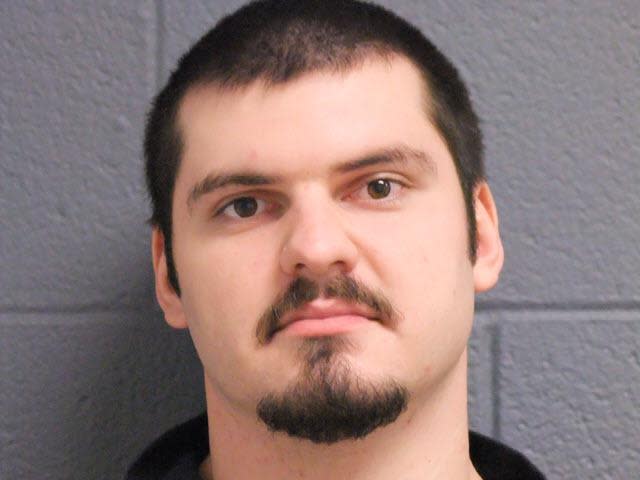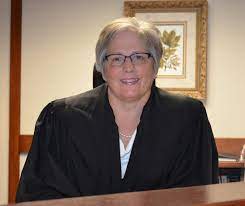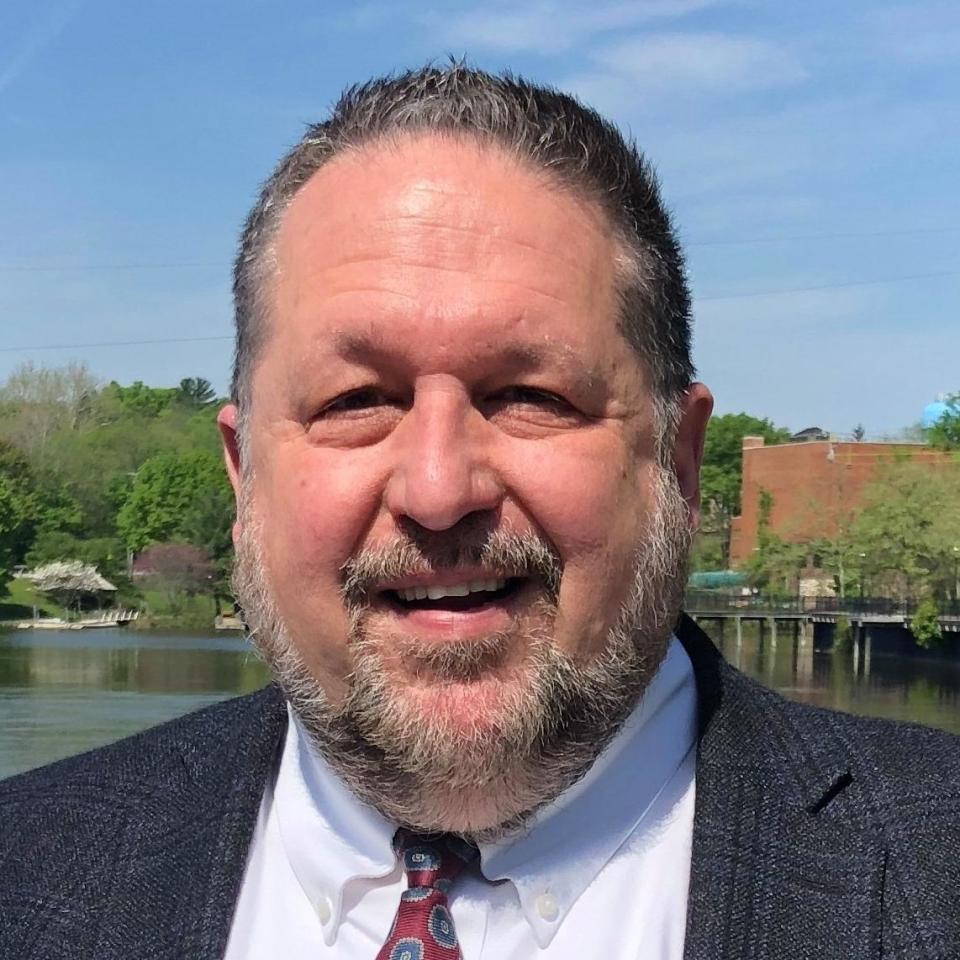Michigan Supreme Court to decide if judge's emails compromised Allegan conviction
ALLEGAN — Should a criminal defendant in Allegan County get a new trial after claiming he didn't get a fair shake?
The Michigan Supreme Court will ultimately decide after agreeing to hear oral arguments in the case of Daniel Loew.
On Wednesday, Oct. 5, the high court announced it would hear arguments in the case, but limited the scope to the ramifications of discovered communications where the presiding judge overseeing Loew's initial trial was sharing her opinion of the case through emails with the head prosecutor.
More:Appeals court walks back new trial for man after prosecutor, judge emailed during trial
The case has volleyed around the higher court system after Loew's conviction in August 2019. He was convicted of five counts of criminal sexual misconduct and sentenced to at least 20 years in prison. The victim was 13 at the time of the first reported assault.
The emails were unearthed by Allegan-based attorney Michael Villar, who was challenging County Prosecutor Myrene Koch's re-election bid in summer 2020.

The emails between Koch and Judge Margaret Bakker showed the two discussing the case while Loew's trial was occurring in Bakker's courtroom. Although Koch didn't directly prosecute the case for the county, she was the supervisor of the assistant prosecutor who did.
The case was tried by assistant prosecuting attorney Emily Jipp. Loew's attorney, Heath Lynch, argued it's impossible to know whether Koch shared the communications with Jipp and whether trial strategy was altered due to what Bakker wrote in the emails.
Koch previously told The Sentinel she never discussed the emails with Jipp.

In November 2020, Allegan District Court Judge William Baillargeon's granted Loew's motion for a new trial, saying such one-sided communications, called ex parte communications, between the judge and the prosecutor gave the appearance of impropriety.
In the emails, Bakker wrote to Koch: "This trooper didn’t do a very good investigation. Don’t they have detectives with MSP anymore?"
Koch responded, "They do but not typically for CSCs. This trooper has been given additional personal training since this investigation."
Bakker wrote back, "One more question ... this victim was not referred for a medical, do you know why?"

The two then exchanged several emails about the lack of a medical exam.
Generally, ex parte communications — between a judge and only one party in a legal matter — are prohibited by ethics codes for judges and attorneys because they can give an unfair advantage to one side in a case.
"Maybe it wasn't the case, but it creates the appearance of coaching, or at least flagging, 'This is something you're going to need to address,' and that's my worry," Baillargeon said.
More:Man wins new trial over email exchange between judge, prosecutor
More:Judges recused from hearing man’s request for new trial
More:Allegan man says judge, prosecutor denied him a fair trial
However, the Michigan Court of Appeals reversed that decision in a split 2-1 opinion in January this year.
Justices Christopher Murray and Jane Markey were in the majority, saying the emails didn’t provide an advantage to the prosecution.
In the majority opinion, Murray wrote that while the appeals court recognized the communications were ex parte, such communications "between a sitting judge and a prosecutor do not warrant a new trial so long as the communications focus on administrative or procedural (i.e. non-substantive) matters."
Dissenting Justice Michael Riordan said reasonable minds could conclude that Bakker was biased in favor of the prosecution.
In Wednesday's announcement, the state Supreme Court said it would hear the appeal, but would limit the scope to the ex parte communications between Bakker and Koch, whether they were administrative in nature and whether Loew is entitled to a new trial.
Lynch told The Sentinel on Friday the most recent decision to hear arguments indicates the high court's interest in issues it deems of "significant public concern."
"We think the court wants to hear and have robust conversations on these issues. ... The fact that the presiding judge was commenting on the quality of the investigation while the trial was underway — it's inconceivable to me that that could happen," Lynch said.
Briefs in the case are expected to be filed within the coming months, at which point oral arguments will be scheduled. The case likely will be heard in 2023. Loew currently is free while awaiting the outcome of his appeal.
Subscribe:Get unlimited access to our local coverage
The emails were made public by Villar during the 2020 Republican primary for the Allegan prosecutor post. He obtained the emails through a Freedom of Information Act request. Villar, a private practice attorney, later lost the election by a handful of votes.
After the emails were discovered, Villar said he filed complaints against Koch and Bakker with the Michigan Judicial Tenure Commission and Attorney Grievance Commission, respectively. The status of those grievances is unknown, as the merits of Loew's appeal are still pending.

AGC investigations are confidential, and investigations of the Judicial Tenure Commission only become public if the commission decides to proceed with a formal complaint against the judge, typically reserved for allegations of serious misconduct.
On Jan. 1, the Michigan Supreme Court announced Judge Roberts Kengis would replace Bakker in supervising the 48th Circuit Court. Bakker, who remains on the bench, served in the role for 11 years.
— Sarah Leach is editor of The Holland Sentinel. Contact her at sarah.leach@hollandsentinel.com or follow her on Twitter @SentinelLeach.
This article originally appeared on The Holland Sentinel: Michigan Supreme Court to decide if Allegan man gets new CSC trial

